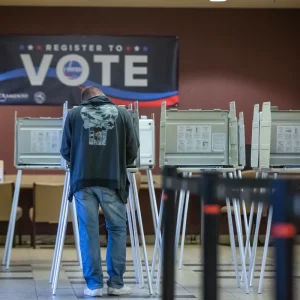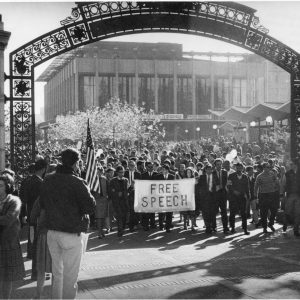
The California State Legislature took its interim study recess on September 11 and will reconvene on January 4. The first year of this session was full of drama, much of which will play out in the next couple of weeks, as the deadline for Governor Jerry Brown to sign or veto bills on his desk is October 11. There are also stories that will play out in the coming year, especially as we approach an election year in 2016.
One of the most contentious bills this past year was SB 277, which mandated vaccination for all children attending public schools with only a medical exemption. This eliminated the controversial religious exemption, which allows an exception if vaccination is against a student’s religious beliefs. Another hotly debated bill was SB 128, which allows terminally ill patients to end their lives with a doctor’s prescription. SB 277 was signed by Governor Brown and was the subject of a campaign to get it repealed by referendum. However, it seems that its opponents were over 100,000 short of the signatures needed to get it on the 2016 ballot. Governor Brown signed SB 128 this past Monday, carefully considering both sides of the debate. In the end, he decided based on what he would want if he were on his deathbed. The Catholic Church vehemently opposed the bill and lobbied against it, which may have led to it being held in committee during the regular session. It was then resurrected during the special session on health, something Governor Brown did not approve of, but ultimately did not matter.
Other interesting bills included SB 350, sponsored by Senate Pro Tem Kevin De Leon and strongly supported by Governor Brown. The most controversial provision in it, which would have cut vehicle gas consumption by 50% by 2030, was taken out due to a fierce opposition campaign led by the oil industry, which included a barrage of negative ads. Moderate Democrats, who were concerned about how it would affect low-income citizens, also came out in opposition. Though the passage of the original bill would have been historic, the amended bill still requires state utilities to increase their use of renewable energy sources, such as wind and solar, by 50% and also implement a 50% increase in existing buildings’ energy efficiency.
The legislature also tackled comprehensive medical marijuana legislation for the first time since its legalization in 1996. This could come in handy if voters decide to legalize recreational use in 2016. The package of bills, which will most likely be signed by Brown, includes the creation of a state agency to license dispensaries, the Bureau of Medical Marijuana Dispensaries, and mandates that marijuana farmers follow the same rules as other farmers, such as with pesticide, insecticide, and water use.
Looking ahead to year two of the 2015-2016 session, something else to pay attention to is how the new leadership handles their respective caucuses. The Assembly has unanimously voted in a new speaker in Anthony Rendon, who could lead the caucus until 2024 under the new term limit law. The Republicans also have new minority leaders in the Assembly and Senate with Chad Mayes and Jean Fuller respectively. Not only will they deal with the upcoming election cycle, but they will also have to deal with controversial bills that will get another chance during the second year of session. These may include raising the smoking age to 21, regulating the use of e-cigarettes in public places, and creating a tax to fund Medicaid as federal funding decreases. If the debates are as impassioned as they were this year, close observers of the legislature have a lot to look forward to.








